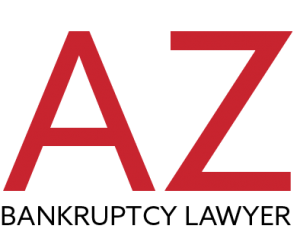As a bankruptcy lawyer from The Law Offices of Ronald I. Chorches can explain, when a person files for personal bankruptcy, they have two options, Chapter 7 and Chapter 13. In a Chapter 7 bankruptcy, all of the petitioner’s debts are charged off and they come out of the bankruptcy debt free. In Chapter 13, the petitioner submits a restructuring plan, where they show the court how they plan on paying back their creditors.
But many clients wonder if their creditors can object to any part of their bankruptcy filing, including the filing itself. Because these issues can be so complex, it is important to work with a qualified bankruptcy attorney who has extensive experience in the different types of bankruptcy and situations that can arise.
Repayment Plan
When a debtor is going through Chapter 7 or Chapter 13 bankruptcy, all impacted creditors have important legal rights. First and foremost, this includes the right to notification about the bankruptcy filing and any material changes in the bankruptcy proceedings. The bottom line is that the debtors do not have the right to make unilateral decisions. This is true even if they are completely confident that the decision will be approved by the creditors.
Creditors need to remember that a bankruptcy filing usually means that all creditors will not be repaid in full. While this is not always true, it should be a starting assumption. A bankruptcy filing means that the person filing is insolvent. As such, there is often just not enough left in assets to go around. In most cases, creditors will effectively use their legal rights to challenge only legitimate issues. However, not all creditors play legally fair.
Ultimately, creditors retain objection rights. Of course, their objection may not be sustained, but creditors deserve their chance to be heard. In a bankruptcy case, creditors may decide to raise an objection for a wide variety of reasons. A non-exhaustive list of some of the most frequently used grounds for creditor objection include:
- Challenging the listing of the debts
- Challenging a proposed cramdown of the bankruptcy plan
- Challenging an automatic stay
- Challenging the discharge of the petitioner’s debt
- Dispute over the classification of the debts
- Filing a lawsuit over the petitioner fraudulently giving assets and/or property to another party in order to avoid including it in the bankruptcy
Contact a Bankruptcy Law Firm Today
If you are overwhelmed and struggling with debt, bankruptcy may be just the solution for you. A bankruptcy attorney can evaluate your situation and explain which bankruptcy type is the best option for you.
Call an experienced attorney today.

